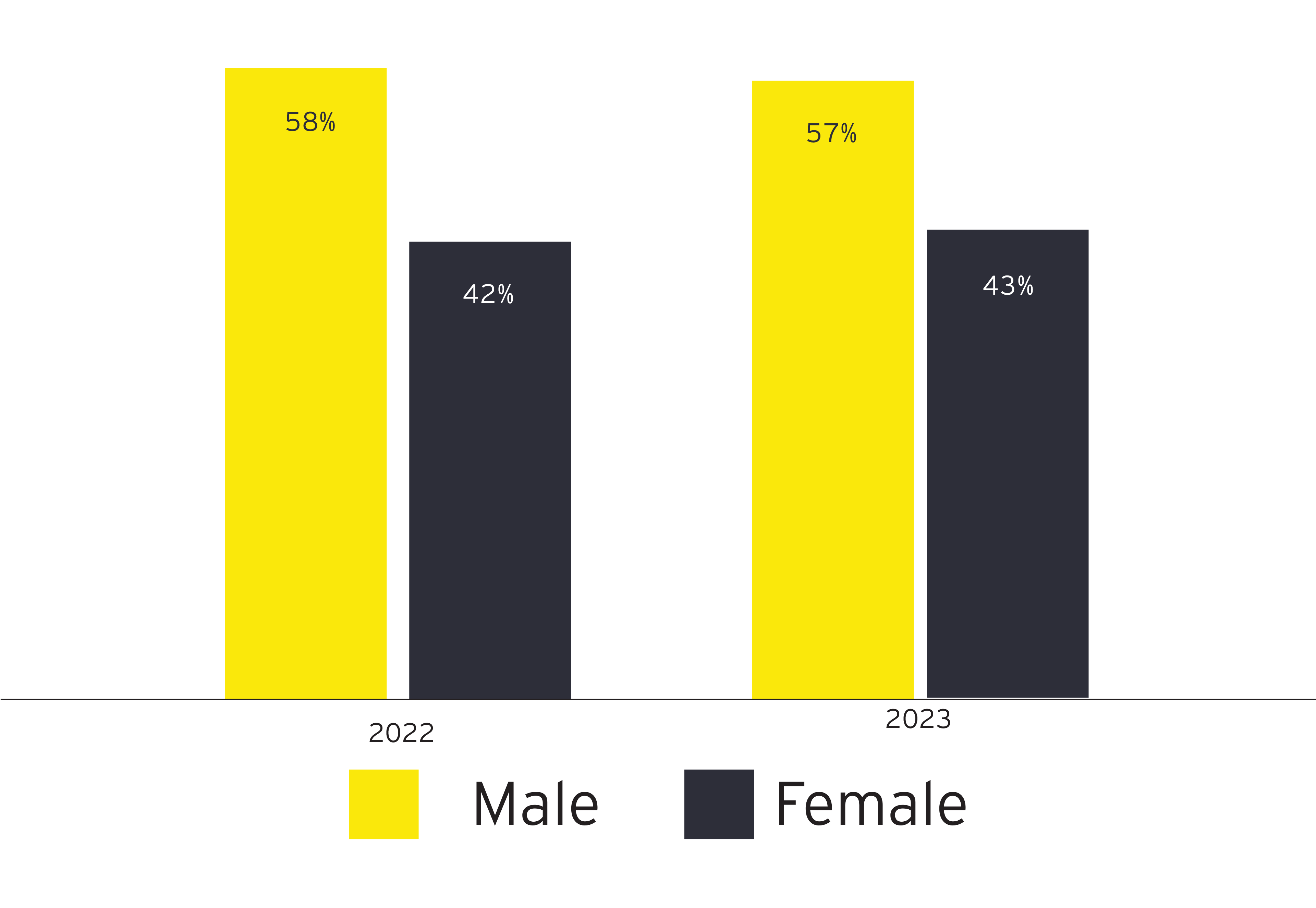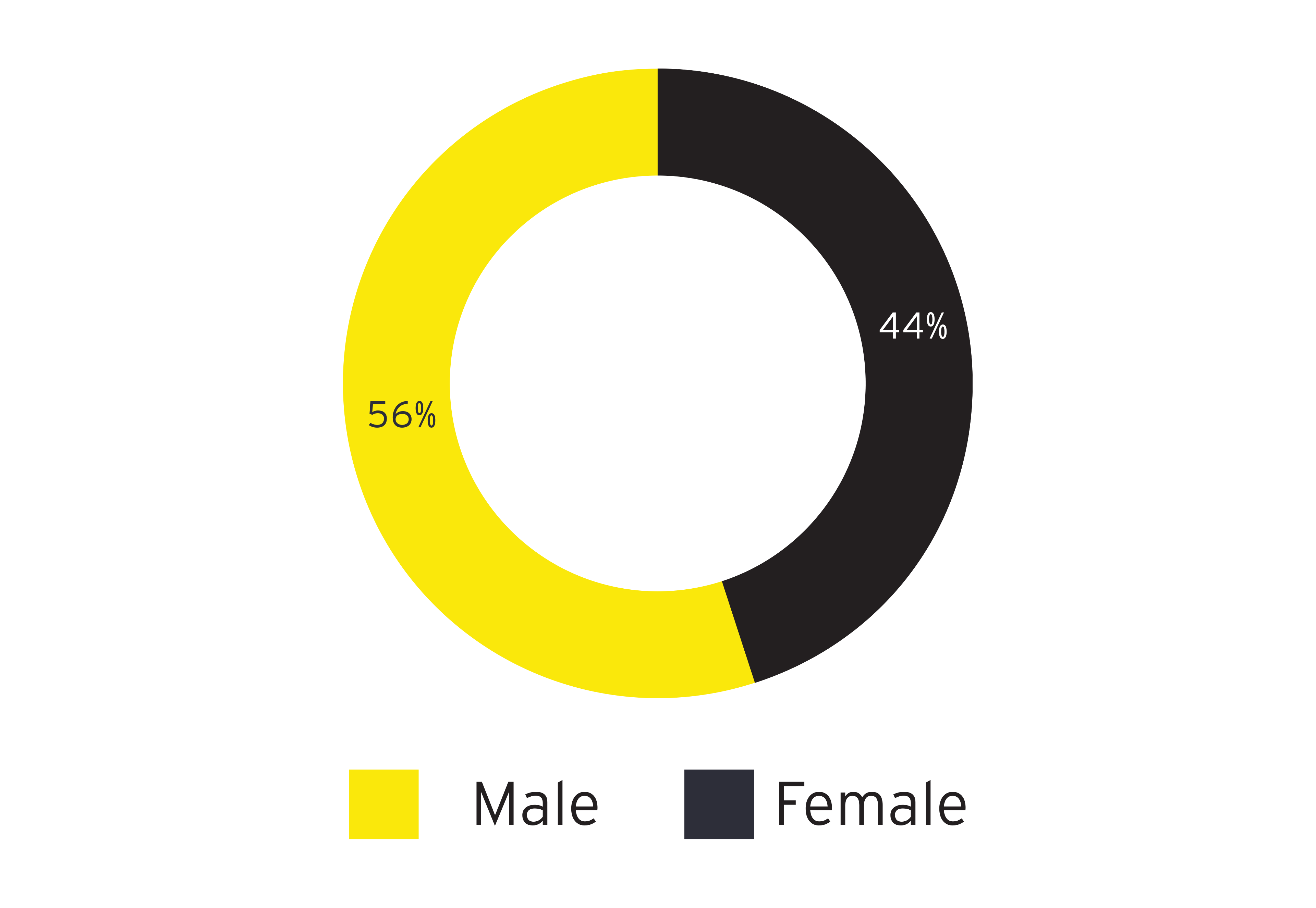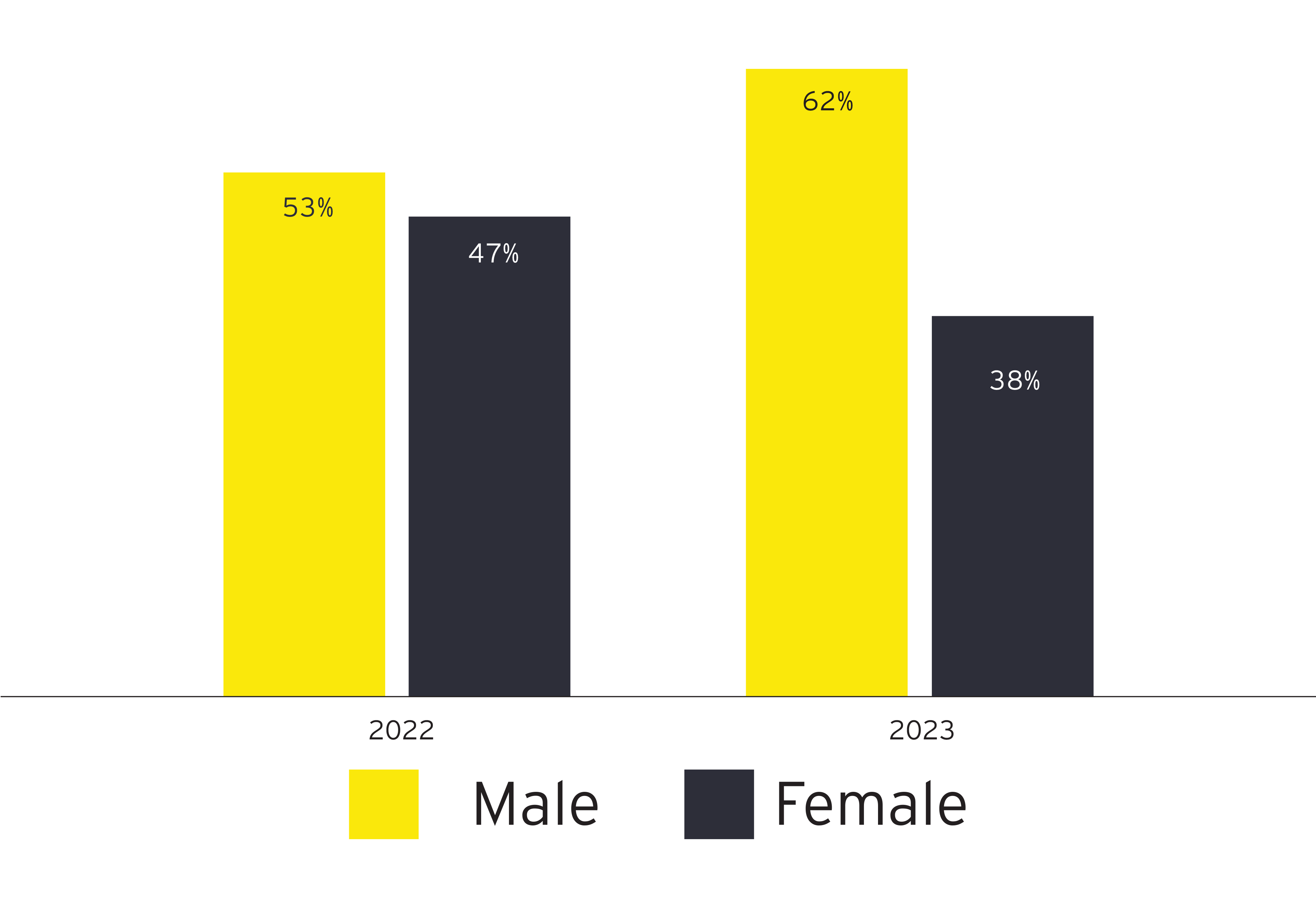Across European financial services boardrooms, female directors remain significantly less likely than their male counterparts to have the experience of C-suite role or hold a senior board position. Just over half (51%) of female directors have the experience of an executive management team role, while 64% of male directors have similar experience. Across the population of directors tracked, senior board positions (defined under the FCA’s proposed changes to UK Listing Rules (pdf) as Chair, Chief Executive Officer, Senior Independent Director or Chief Financial Officer) are held by women at only 29% of listed European financial firms.
Omar Ali, EY EMEIA Financial Services Managing Partner, comments: “Building a diverse board with the requisite experience to steer large financial firms in the current volatile environment is complex. Given this context, the demand for c-suite experience in the recruitment of new directors is understandable and to be expected. It should not, however, come at the cost of better balancing gender representation across Europe’s financial boardrooms and undo much of the excellent progress of the past few years. Recruitment of new board directors should encourage new skills and expertise entering the boardroom. It has been evidenced time and again that boardroom diversity is a driver of outperformance.
“Of course, increasing appointments of female directors with C-suite experience can only take place if there is a strong talent pool and a growing pipeline. Positively, the 40% gender diversity threshold under the European directive should help to galvanise firms' efforts to recognize and nurture female talent throughout career paths – not just towards directorships, but at all levels. The 40% level of female representation at board level is a minimum to build from, not a level to work towards.”
Boardroom skills in demand
Data from the EY Boardroom Monitor shows that 14% of European financial services board directors left their role in 2023, with new appointments lagging departures at 11%.
However, financial services firms have used new appointees to continue to deepen political, technology and sustainability skill sets and experiences on their boards. Of directors appointed in 2023, 36% bring political experience (down from 41% in 2022), 27% have professional experience in tech (up from 22% in 2022), and 22% have professional experience in sustainability or ESG (down from 23% in 2022).
New appointments are still more likely than existing directors to have sustainability, tech and political knowledge and experience. Across all board members, 15% have experience in sustainability, 18% have experience in tech, and 33% have political experience.
In the past year, a greater proportion of female directors have brought experience in tech (33%) and ESG (27%) relative to male peers, 23% of whom have tech experience and 18% have ESG or sustainability experience.
Omar Ali comments: “As global geopolitical dynamics continue to evolve, and technology and sustainability demands on firms grow ever more complex, bringing new skills and breadth of experience to the boardroom is a priority for financial services chairs across Europe. The need for tech and sustainability experience will only increase from here, but that does not mean there is any less need for directors with more traditional financial services boardroom skills. Structuring a board that is sufficiently broad in scope, but also has the depth and experience to respond to old, new and ongoing market challenges is a delicate balancing act with constantly moving goalposts.”
Quick data overview as at 31 December 2023
- Total number of firms tracked across Europe: 84
- Total number of European board directors monitored: 1014
- Total number of female board directors monitored: 432
- Total number of male board directors monitored: 582
- Total number of European board director exits in 2023: 146
- Total number of new European board directors in 2023: 110
Notes to editors:
- This is the fourth launch of the EY European Financial Services Boardroom Monitor, and data is current to 31st December 2023
- The EY European Financial Services Boardroom Monitor does not track the race and ethnicity of board members, as there is no standardized format for directors to disclose against
- This release incorporates a survey of 300 European and UK-based fund managers undertaken in June 2023, who have, or are able to have, exposure to European financial services companies within their portfolios.
- * Most senior board positions refers to defined under the FCA’s proposed changes to UK Listing Rules (pdf) as Chair, Chief Executive Officer, Senior Independent Director or Chief Financial Officer
About the EY Boardroom Monitor
- The EY Financial Services European Boardroom Monitor tracks the experience, background, and skillsets of board members across a defined universe of financial services firms to create a broad picture of the gaps in experience and possible pressure points within the listed European financial services markets.
- The EY Financial Services European Boardroom Monitor tracks and analyses data across a wide range of factors, including gender and age, as well as professional experience and skills.
- The EY Financial Services European Boardroom Monitor is comprised of disclosable, publicly available data on board appointments at listed banks, wealth and asset managers, FinTechs and insurers across the UK, Austria, Belgium, Denmark, Finland, France, Germany, Italy, Netherlands, Norway, Spain, Sweden and Switzerland, using the MSCI European Financials Index as the core universe.
- This release incorporates a survey of 300 European and UK-based fund managers who have, or are able to have, exposure to European financial services companies within their portfolios. The survey asks about the biggest risks to European Financial Services companies and where investors see the biggest skillset gaps within boardrooms.
- These two data sets are compared to assess where European financial services boardrooms in different markets and sectors appear to have skillset and diversity gaps relative to shareholder priorities. This allows an ongoing assessment of how the composition of boardrooms compares to the expectations of investors.
About EY
EY exists to build a better working world, helping to create long-term value for clients, people and society and build trust in the capital markets.
Enabled by data and technology, diverse EY teams in over 150 countries provide trust through assurance and help clients grow, transform and operate.
Working across assurance, consulting, law, strategy, tax and transactions, EY teams ask better questions to find new answers for the complex issues facing our world today.
EY refers to the global organization, and may refer to one or more, of the member firms of Ernst & Young Global Limited, each of which is a separate legal entity. Ernst & Young Global Limited, a UK company limited by guarantee, does not provide services to clients. Information about how EY collects and uses personal data and a description of the rights individuals have under data protection legislation are available via ey.com/privacy. EY member firms do not practice law where prohibited by local laws. For more information about our organization, please visit ey.com.
This news release has been issued by EYGM Limited, a member of the global EY organization that also does not provide any services to clients.




